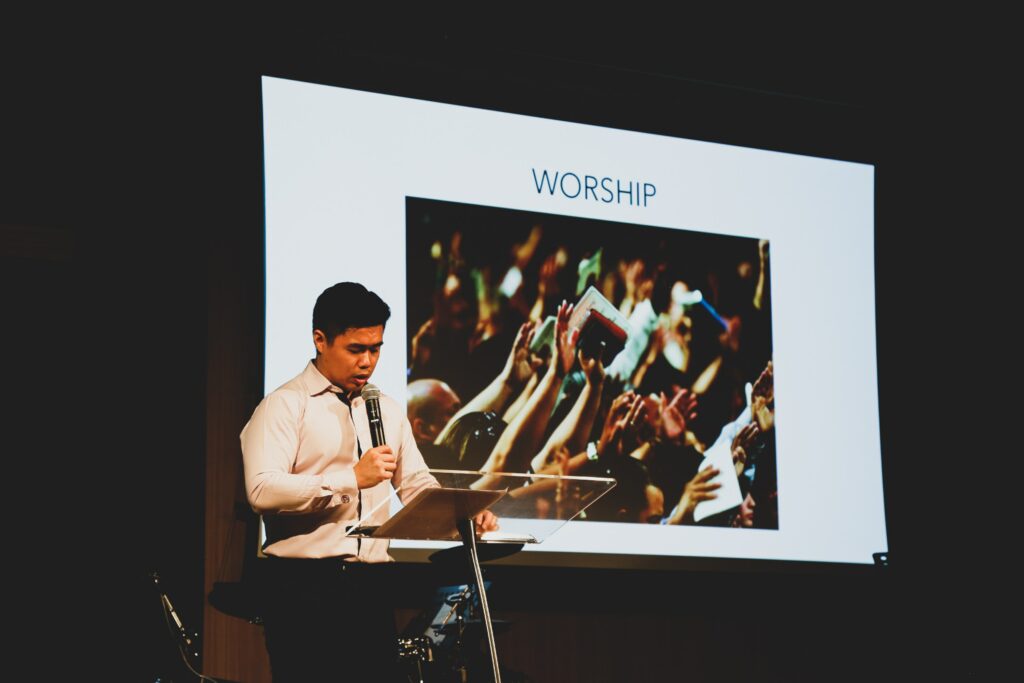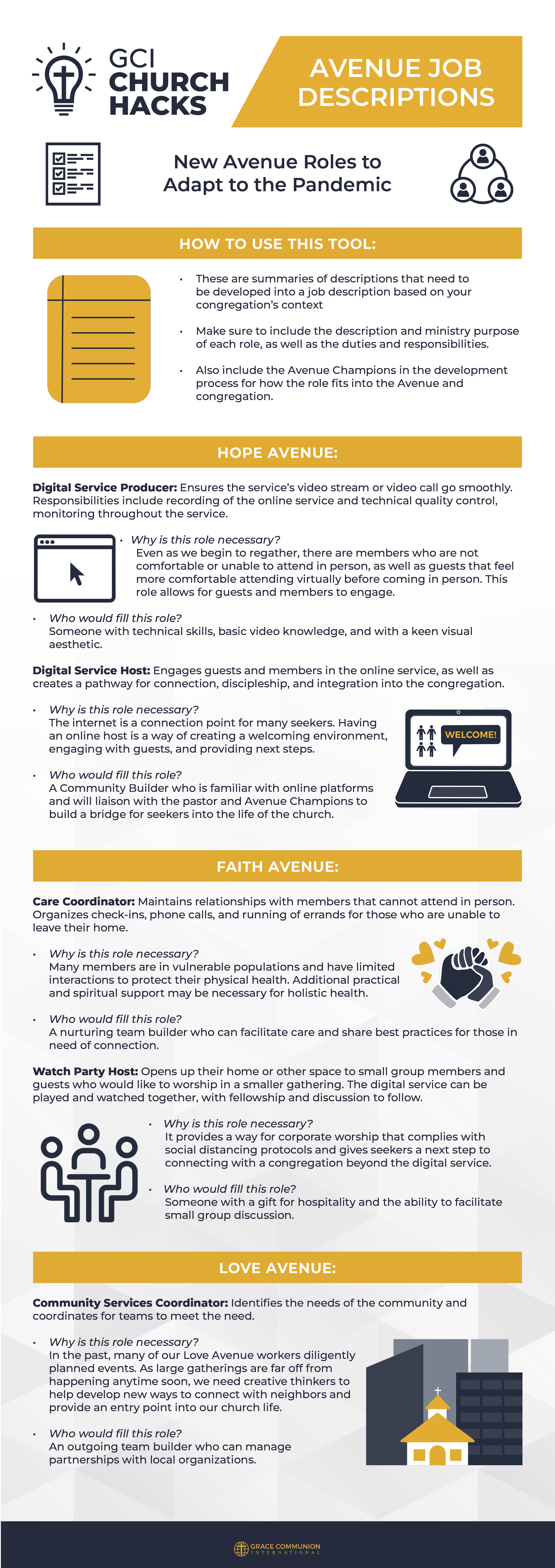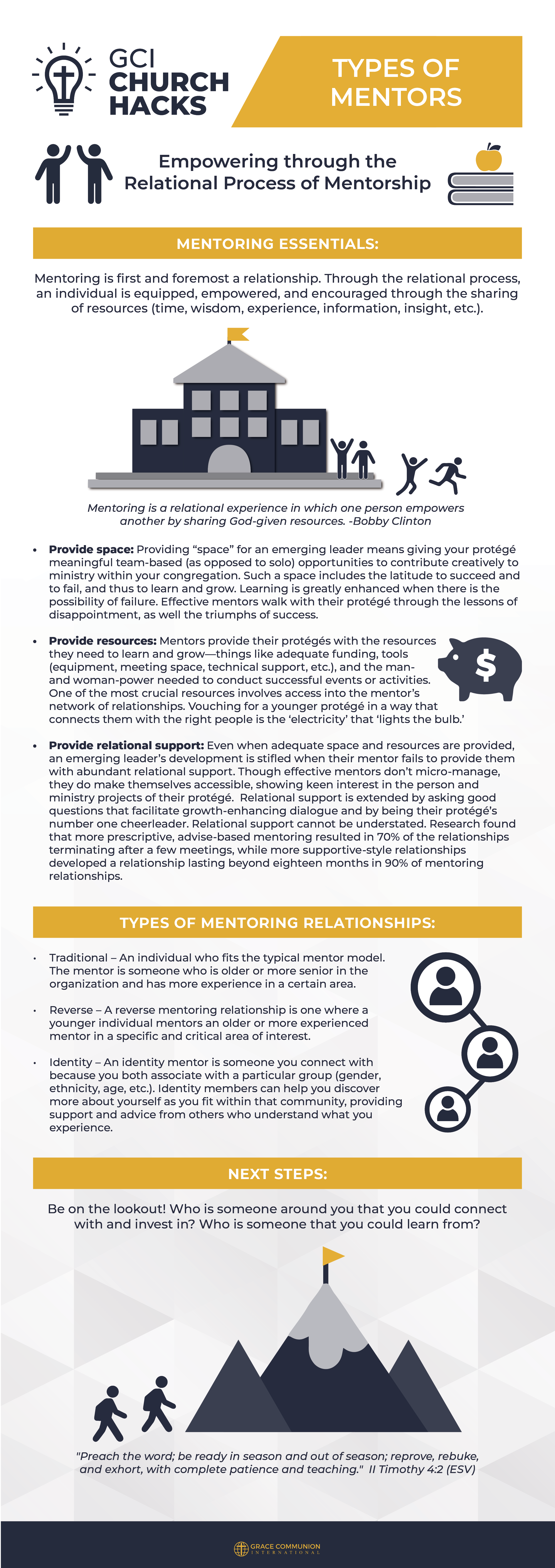Speaking of Life 3005 | The Twist Ending
Do we recognize Jesus as the twist ending in the story of our lives? He completes not only your story, and mine, but the grand narrative of all of humanity. Jesus picks up our broken pieces and puts them all together and makes us whole again!
Speaking of Life 3005 | The Twist Ending
Greg Williams
There are almost 7000 movies on Netflix. And that’s only one of the dozen or so streaming services available. Right now, we are awash in stories, narratives, and characters. As human beings, we’ve always loved stories, and technology transforms our living rooms into home theaters.
Personally, I enjoy movies that make me think, and allow me to be the ride along detective. The twist ending is a favorite device these days. That last act/scene where the bad guy turns out to be the good guy or the poor character turns out to be royalty. The move included an avalanche of scenes that gave clues you simply didn’t see.
The whole story, through all it’s twists and turns, comes together in a new light suddenly. You may not have seen it coming, but when the twist comes it makes sense of everything else.
Much of Paul’s writing explains the twist ending of the gospel—which is Jesus. Paul connects the story of Jesus with the story of Israel and the rest of the world, showing how the gospel ties everything else together.
Look at Galatians 4:
But when the fullness of time had come, God sent his Son, born of a woman, born under the law, in order to redeem those who were under the law, so that we might receive adoption as children.
Galatians 4:4-5 (NRSV)
The fullness of time. The long story of Israel — God setting one nation apart, then one family line, then one family, then one person who represents all of humanity.
Jesus didn’t come because the law failed. He didn’t scrap all that had gone before to start a new story, he completed the story begun in Adam and Eve. In fact, the real beginning isn’t Genesis, it’s John 1, where we see that Jesus, the Father and Spirit have always existed in perfect relationship. John tells us that Jesus became flesh to enter the story at the appointed time. He is the twist ending that makes history—his story—make sense.
Do we recognize Jesus as the twist ending for us? Is that part of the story that was missing in your life and mine that makes everything come together? Think of those places where Jesus is described as the capstone or cornerstone—not the stone that everything stands on, but the piece that makes all the others come together, makes everything neatly fit into place.
He completes not only your story, and mine, but the grand narrative of all of humanity—all the wars and dynasties and joy and pain in all of history. Jesus is not the ghost in the machine who comes from nowhere, but the twist ending the story was building to all along. And it is good news.
I am Greg Williams, Speaking of the good news of Life.
Psalm 148:1-14 • Isaiah 61:10–62:3 • Galatians 4:4-7 • Luke 2:22-40
The theme for this week hope in the God who is always in control. The call to worship Psalm encourages the whole world, from the smallest creatures to the mountains, to ring with praise for God who is over all. Isaiah 61 gives us a gorgeous picture of God’s bride, Israel, prepared for his love. Galatians 4 tells about the over-arching narrative of hope—God’s plan through the law and now the gospel. Our sermon is from Luke 2, the story of Simeon who blessed the newborn Jesus. He connects this baby into the story of hope that had been centuries in the making.
Advent Also Starring: Simeon and Anna
Luke 2:22-40 ESV
Read, or have someone read, Luke 2:22-40 ESV.
We are introduced to two new characters in this story of Jesus’ birth—Simeon and Anna. Let’s start with Simeon.

From the context, we determine Simeon was an older man whose whole life has been one long wait. We surmise that his life was dedicated to waiting a fulfillment of the promise that their God loved them, was faithful to them, and would one day bring his kingdom to their door. At one point in his life, Simeon heard a promise and felt the Spirit tell him that he will see the Messiah before the end of his life.
Let’s note Luke’s descriptors of Simeon:
Now there was a man in Jerusalem, whose name was Simeon, and this man was righteous and devout, waiting for the consolation of Israel, and the Holy Spirit was upon him. And it had been revealed to him by the Holy Spirit that he would not see death before he had seen the Lord’s Christ. And he came in the Spirit into the temple… (Luke 2:25-27 ESV)
Simeon was devout—not just someone who did religious activities just because it was expected of him. He was righteous and patient—waiting, we are told, for the consolation of Israel, the Messiah.
As with most religious communities, there was plenty of “going through the motions” practiced by many. There were plenty of people who went to the temple because that was what they always did, and no doubt there were a number of priests who were just doing their job because they didn’t know how to do any other job.
But not Simeon. Simeon not only spoke the right words, but he believed them. He wasn’t one to just let his actions define his relationship with God, but he sought and deepened that relationship in his own heart.
In the Christmas story as Luke tells it, those who understood were those who paid attention. Mary was open to the angel’s announcement, the wise men paid attention to their dreams, Elizabeth was aware when John kicked in her womb. Here we see Simeon as someone who was paying attention, someone who was watching and waiting.
Do we do that? Are we watching and waiting for the Lord to appear? Are we like Simeon, watching for when he will appear day after day?
Another detail we have to pay attention to here:
A pair of turtledoves, or two young pigeons. (Luke 2:24 ESV)
This was the offering Joseph and Mary brought for the purification of Mary to restore her to the temple life after giving birth. The offering was to be a lamb, which was expensive. Those who were lower class like Mary and Joseph could come with a turtledove (Lev. 12.8). They were probably not trying to draw attention to themselves and their small offering, but Simeon calls them out.
It’s always a temptation for pastors to look for the big tithers in the group. It’s been a problem all through church history that pastoral attention seems to come easily when you put a lot of money in the plate. Simeon is above that, and he walks to the one of the poor couples to bless their child personally. Let’s pick up the story:
And when the parents brought in the child Jesus, to do for him according to the custom of the Law, he took him up in his arms and blessed God and said, “Lord, now you are letting your servant depart in peace, according to your word; for my eyes have seen your salvation that you have prepared in the presence of all peoples, a light for revelation to the Gentiles, and for glory to your people Israel.” (Luke 2:27-32 ESV)
This is Simeon’s blessing. He uses a strange term for Lord in this context, not the term that is usually used. His word for Lord is much more like master, like slave master—someone who has complete control over his life. The wording here actually connotes a special duty that slaves had, which was probably not a desired one. The servant had to stay up all night watching for a special star to rise. When it finally did, he told his master, and the master then would then discharge him from the task. Or as Simeon puts it—let him depart in peace.
And that’s the moment here. He knows his duty is fulfilled, the knows he has done his part to keep faithful until deliverance came, until the star rose. Contrast that with Zechariah, who says to the angel, in effect: “What are you doing here!? You’re not supposed to be here!” Simeon is the symbol of the faith of Israel preparing the way and then giving center stage to the faith of Christ. Now let us depart, now let us get out of your way. For Simeon, as old as he is, there is the double meaning of death here. “My life is fulfilled, I’ve seen all I ever need to see, now I can die in peace.”
So often through Jesus’ life, we see people who are questioning the way he’s going about things. They are asking him, yeah, but when are you going to bring back the kingdom? Yeah, but when are you going to plow our enemies into the dirt and take your throne? We even have Peter telling him he won’t die—that’s not how it works, Jesus! In contrast we have Simeon, a man who was paying attention, who is overjoyed to see God’s plan falling into place. Are we paying close enough attention to see when God’s deliverance comes along? To see when and how God’s blessing comes along and to stop and be thankful then and there?
God doesn’t always give us what we want, but he does give us what we need. So often God’s deliverance and blessing comes to us in the strangest packaging—in something more original and engaging than we could have ever imagined.
Let’s look at the rest of this exchange…
And his father and his mother marveled at what was said about him. And Simeon blessed them and said to Mary his mother, “Behold, this child is appointed for the fall and rising of many in Israel, and for a sign that is opposed (and a sword will pierce through your own soul also), so that thoughts from many hearts may be revealed.” (Luke 2:33-35 ESV)
This is intense, and it’s not the words Mary might have expected. It’s not the kind of gauzy, sentimental comfort we associate with Christmas. He doesn’t stay, “He’s gonna have a real nice life and make you darn proud to be a momma.” He says, “This is the real thing and it’s not going to be easy for anyone.” This sets the tone for all of Jesus’ life—the man of sorrows and acquainted with grief. It was no picnic.
That’s what is interesting about the idea that Jesus was just a good teacher or a comforting good luck charm. If so, he wasn’t very good at it. If he was just supposed to be gentle Jesus meek and mild, he pretty much failed at that. He got in trouble for questioning authorities, he challenged the comfortable, he hit the main nerve over and over. Jesus came into the real world, where people go hungry so they can feed their kids, where people get evicted and have to sleep in the cold. This prophecy, and the life of Jesus that followed, was strong, real-world medicine.
When people talk about how human beings are basically good, that we need to embrace our own goodness and dig deep down to the Christmas spirit, etc., we ought to wonder how realistic they are. Am I the only one around here who needs a savior? Am I the only one who lives in the harsh, selfish world that needs real redemption? We don’t need some guy who lays out feel-good advice—keep hoping, keeping trying, etc.?
This prophecy over Jesus is intense. Simeon is saying people will rise and fall, kingdoms will rise and fall, history itself will be sliced in half because of this baby you hold in your arms. He has come to bring peace, for sure, but war will result as well. There will be struggle, and a sword will pierce your soul as well, momma.
Mel Gibson’s movie The Passion of the Christ shows the relationship between Jesus and his mother in detail. I don’t often think of that relationship; but imagine the pain of being a mother to watch all that Jesus had to go through. John tells us that she watched him be crucified right in front of her.
So Simeon’s words in this intense moment were no flowery, sugary promises. They are a prophecy of a very real and painful future, but also of a final victory.
Now we come to Anna:
And there was a prophetess, Anna, the daughter of Phanuel, of the tribe of Asher. She was advanced in years, having lived with her husband seven years from when she was a virgin, and then as a widow until she was eighty-four. She did not depart from the temple, worshiping with fasting and prayer night and day. And coming up at that very hour she began to give thanks to God and to speak of him to all who were waiting for the redemption of Jerusalem. (Luke 2:36-38 ESV)
Typical of Luke’s writing, we see the male character matched with a female character. She represents the female side of the waiting and watching that Simeon represents here. Like Simeon, she is someone who walks in faith that God will do what he says he will do.
It says here she was from the tribe of Asher, which is one of the “lost” ten tribes of Israel that had been carried off by Assyria. It’s an interesting detail for Luke to include. Not only is he bringing in the religious establishment, not only is he bringing in the poor and unimportant, not only is he bringing in the young and the elderly, he is bringing in these lost tribes as well. God made sure that everyone was represented at the birth of Jesus. Our manger scenes at home are far too small.
Anna had been a lifelong widow, basically, probably from the time she was a late teenager/early adult. She is, as Elizabeth is, a representation of God’s gift to barren women. Anna can also be rendered “Hannah” from the original language—like the mother of Samuel the prophet who had been without a child her whole life. Anna is also someone who is waiting, and she spends much of her life alone doing so. She is the lost one, the outlier who is here included in the most important story of all. Everything had been taken from her in so many ways—her marriage, the ability to have children, and here we see her “coming up at that very hour.” Here we see her caught up by God into his purposes, to be one of the first evangelists of the gospel.
That is the story here. Of those who were watching and waiting, they finally saw what they were waiting for come to fruition. There are plenty of those in the story who weren’t watching and waiting at all—Mary, Joseph, the shepherds—who were also brought into the story. Through the wonder on their faces and the joy in their hearts, and sometimes the sheer confusion they express, we can know that—as usual—God’s solution is more creative and surprising and beautiful than anything we can come up with.
So we have our manger scene, and around it we have another cast of characters. The prophets, Zechariah, Elizabeth, Herod the Great, and Simeon and Anna tell us that the gospel is for everyone—from the most wealthy and sophisticated to the most forgotten and unimportant. And we all have each of them within us. If the manger scene were to be fully completed, it wouldn’t fit on the mantle, or in the room, or in the house, or in the city. The whole world is the manger scene, the whole world changed with the birth of a child born to nobodies from nowhere in a backroom.
What do we learn from our friends, Simeon and Anna?
- Watching and waiting—both of these folks lived in expectancy of God’s action and goodness. Theirs was a lifestyle of waiting for the Messiah to come, continually reminding the community that God is good, and God delivers. Do we live that way? Waiting on God’s action in the world? Or do we just live in our own strength and the world’s rules—just happen to do something different with our Sunday mornings?
- Depart in peace—Simeon saw for only a moment. Simeon probably died soon after. He didn’t have to see the whole thing, just a glimmer of God’s life, and that was enough. Are we content to be part of that? To join in God’s work if only for a moment? We live in such a gimme gimme world, a culture that wants everything and wants it now. Could we ever live with Simeon’s peace: to get to see maybe just a moment of joy, a moment of love, a moment of beauty and let that feed our soul?
- Anna who was always in the temple—Is there someone in your life who is like an Anna? Someone who might be out of touch with culture and trends, but lives instead with a quiet, simple faith? This is a person to listen to. Even though our fast-paced world may not have time for them, God has time for them. Even though we may think of them as unimportant, God thinks of them as central to the picture.
The title of this message is “Advent also starring…” These are some supporting roles to the greatest story ever told. Advent also stars you —what will your role be?
Questions for Speaking of Life: “Spoiler Alert: Jesus.”
- What’s your favorite twist ending? Soylent Green? The Sixth Sense? The Good Place? Does the twist make the story come together?
- Have you ever thought of Jesus this way? How does he make the story come together?
- How does Jesus make your story come together? How does he make the human story come together?
Questions for sermon— “Advent Also Starring: Simeon and Anna”
- Have you ever had to wait a really long time for something? Does that help you empathize with Simeon and Anna?
- Simeon and Anna played one small part in the great story of redemption. Have you played your part? Have you experienced that connection with the greater story of the gospel?
- Read Luke 2:35. Simeon says this ominous phrase: “a sword will pierce your own soul too.” What do you make of that? Why would Jesus, God’s son and the promised Messiah, have a life marked by pain and “piercing”?
Quote to ponder:
“Waiting on God requires the willingness to bear uncertainty, to carry within oneself the unanswered question, lifting the heart to God about it whenever it intrudes upon one’s thoughts.” —Elisabeth Elliot


 By Bill Hall, National Director, Canada
By Bill Hall, National Director, Canada
 By Dr. Kathleen Horwood, Business Manager for GCI Canada and Pastor for Saskatoon.
By Dr. Kathleen Horwood, Business Manager for GCI Canada and Pastor for Saskatoon.
 By Tim Sitterley, U.S. Regional Director, West
By Tim Sitterley, U.S. Regional Director, West



 “The Hope Avenue Champion is all about what happens within the four walls (of the church). Essentially from the parking lot to the pew, and back. The focus is to give hope to the people who come through the door. People that come to church are wanting to have some form of hope in their lives. And our God is a God of hope!”
“The Hope Avenue Champion is all about what happens within the four walls (of the church). Essentially from the parking lot to the pew, and back. The focus is to give hope to the people who come through the door. People that come to church are wanting to have some form of hope in their lives. And our God is a God of hope!”



